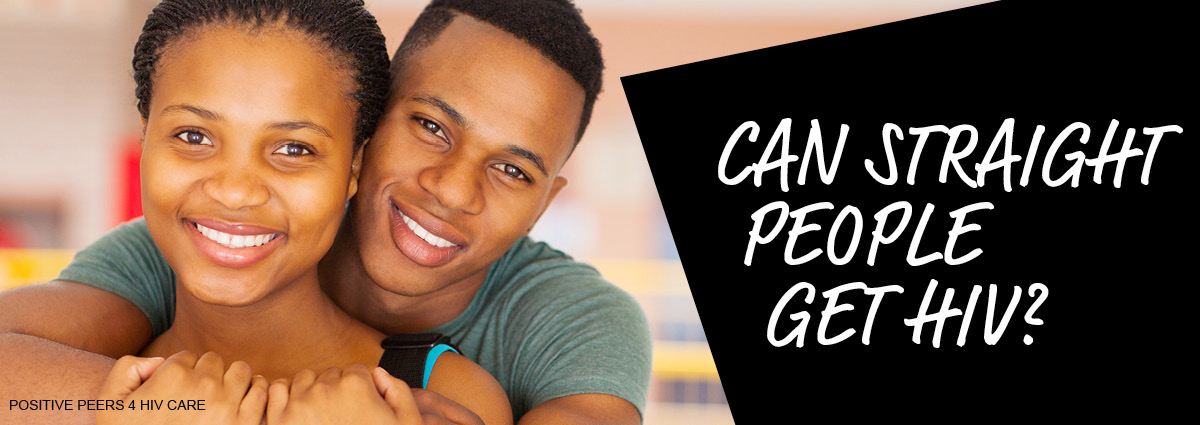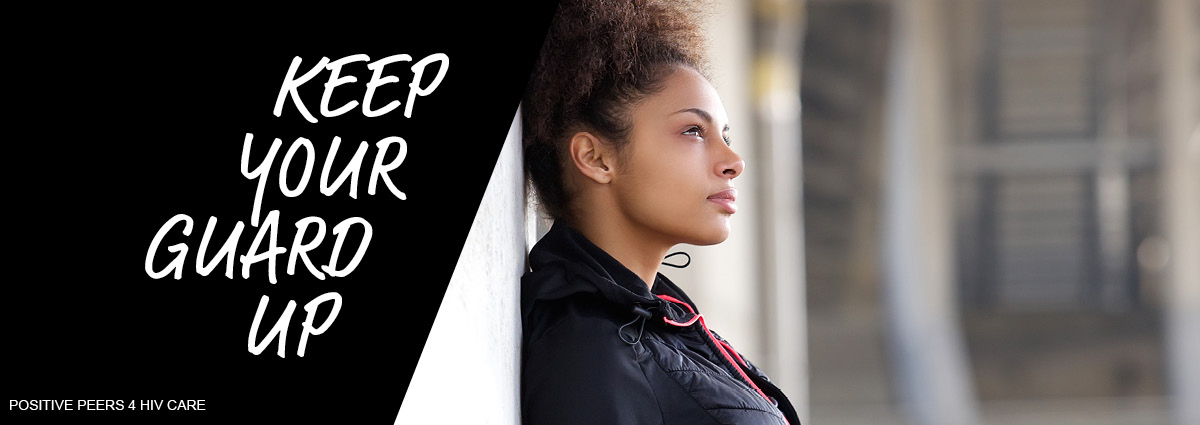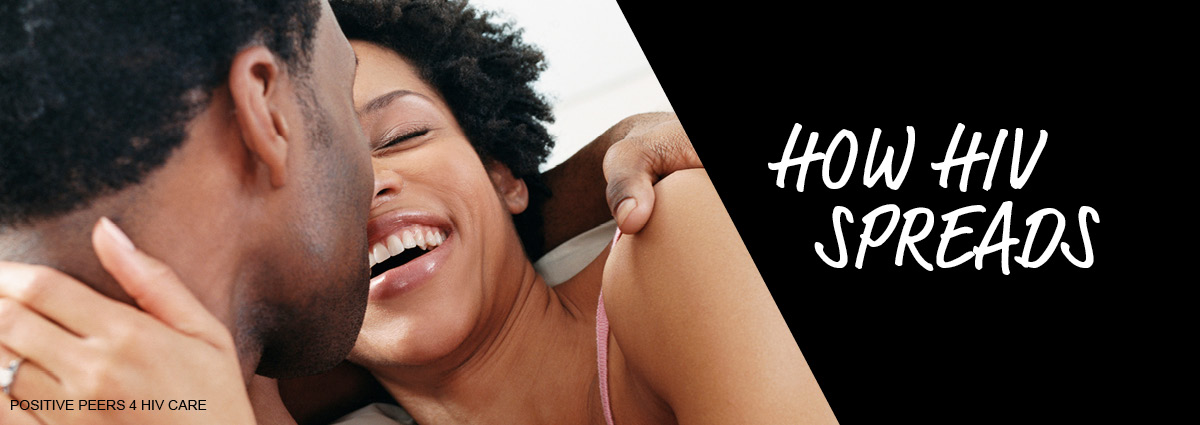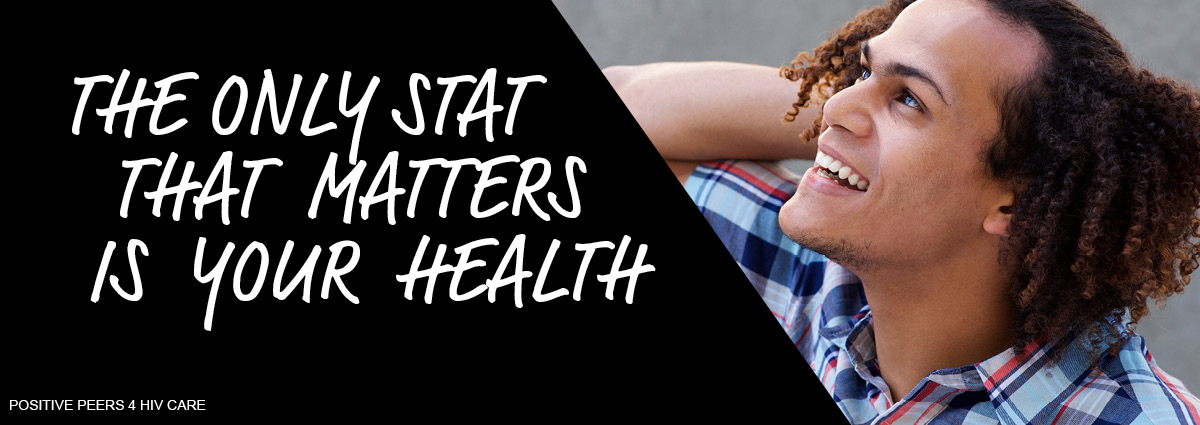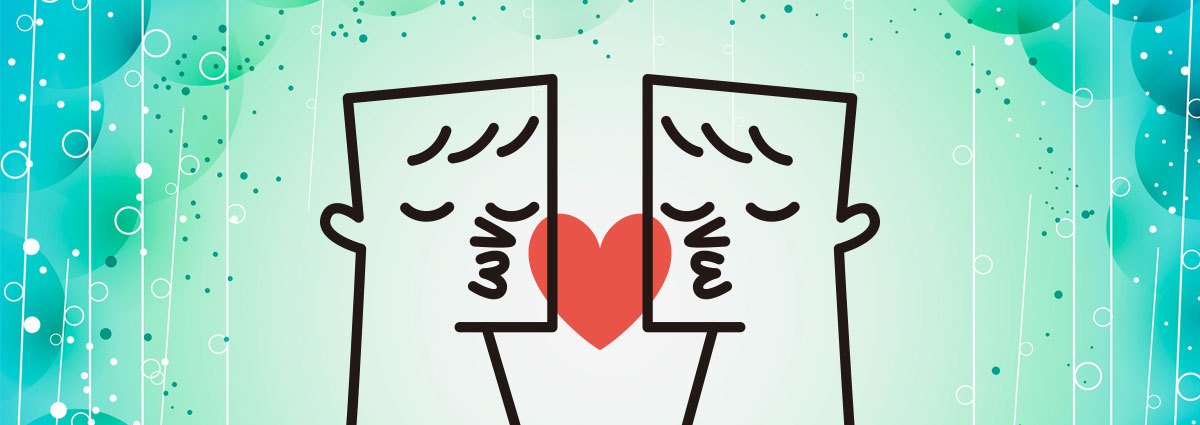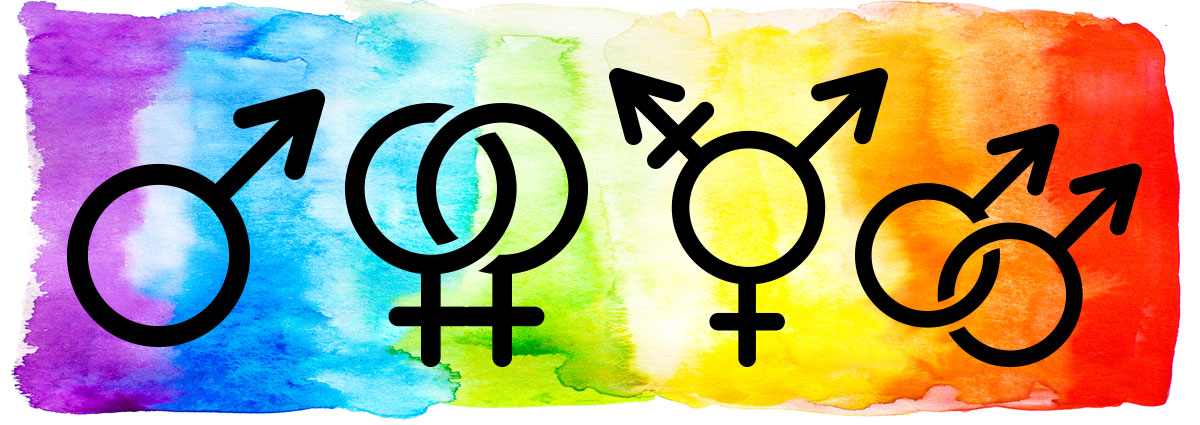By: Ann K. Avery, MD, Infectious Disease Physician at MetroHealth Medical Center
Can straight people get HIV?
Yes, they can — especially if they think HIV is only a “gay” disease.
It’s true that in the United States, the most commonly affected people are men who have sex with men.
But around the world, the picture’s a lot different. Just as women make up half the population of our planet, they account for half of the people living with HIV worldwide.
And most of those women contracted HIV by having sex with men.
HIV is not picky. It’ll infect anybody. All it needs is a way to get into the bloodstream.
And that’s why it’s dangerous to think HIV only affects certain kinds of people: You let your guard down if you think it can’t happen to you.
Keeping your guard up against HIV
Today we have powerful anti-retroviral medicines that can ensure just about anybody can have a long productive life if they get infected with HIV.
And treatments like PrEP and PEP significantly reduce the chances of becoming infected if you’re exposed to the virus.
Sometimes this gives people the idea that HIV is no big deal.
But HIV is a hassle. HIV-positive people have to take their meds every day. There’s still social stigma. The meds have side effects. You have to be careful about passing it to somebody else.
HIV is not something you want in your body. After all, it attacks your immune system, which you need to stay alive.
And that’s why it’s so crucial to be aware of the ways HIV can infect you.
How HIV spreads
HIV has two main routes into the body: Sex and drugs.
Let’s talk about drugs first: Injected drugs are one of the easiest ways for HIV to enter someone’s body. The virus infects the blood, and blood sticks to needles used to inject drugs.
So if you share somebody’s needle, you share their blood. If their blood has HIV in it, you risk becoming infected — and infecting anybody you have sex or share needles with.
Speaking of sex: HIV spreads through other bodily fluids in addition to blood. Fluids like semen and vaginal fluid can also carry HIV.
Things get risky when these fluids touch soft tissues such as the anus or the vagina. That’s because HIV can pass right into the bloodstream when it touches these tissues.
But what about the penis? The reality is, a penis is simply harder to transmit HIV through than a vagina or anus. Only through the urethra or an open sore on the penis can HIV potentially enter the bloodstream. It’s not impossible though.
Once HIV gets into the bloodstream, it starts attacking the immune system. If you don’t take anti-retroviral meds to fight HIV, it will eventually make your immune system so weak that you get AIDS, which is more difficult to treat over the long term.
Come join our private, stigma-free, supportive community.
Health management tools with medication & appointment reminders.
Social networking in a community conversation & private chats.
Why testing, protection and clean needles are so important
Health experts want everybody who is sexually active or using injected drugs to remember the best ways to avoid HIV:
- Using a condom when you have sex, especially if you and your partner haven’t been tested together (which is super cute btw)
- Consider taking PrEP, the once daily pill to prevent infection in someone HIV negative
- Never sharing or re-using needles
- Getting tested frequently — every three to six months or more, depending on your doctor’s advice.
The best strategy is to do all four. Without testing you’ll never know if you’ve been exposed. If you don't use a condom and take PrEP (if appropriate), you can get infected or infect somebody else (or both). The same is true of sharing and re-using needles. A combination of tactics will ensure your sexy time stays safe as well as fun 😉
The only stat that matters is your health
You may see health statistics that say somebody else is four or five times more likely to become infected with HIV than you are.
But you can’t trust your health to statistics. The only sure way to avoid HIV is to never expose yourself to the virus.
If you are sexually active, you have to be 100 percent certain that all of your partners are uninfected. If you’re using injected drugs, it’s the same challenge.
Once you have HIV, you have it for life — regardless of gender, sexual orientation or anything else.
That’s reason enough to be careful.
Related Blogs:
Positive Peers is made possible through a U.S. Department of Health and Human Services Health Resources and Services Administration, HIV/AIDS Bureau Special Projects of National Significance (SPNS) Grant to The MetroHealth System. Click here for more information about the SPNS grant initiative.
Positive Peers is a private app for young people living with HIV. Learn how you can earn rewards for your participation.
